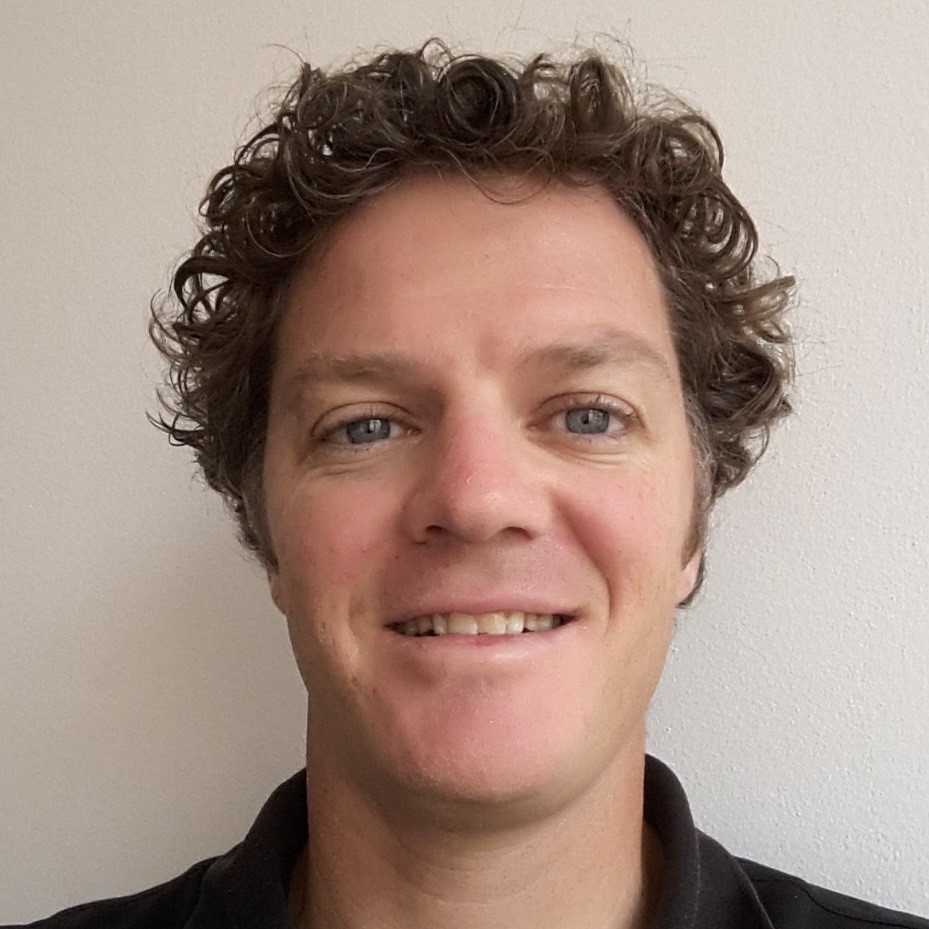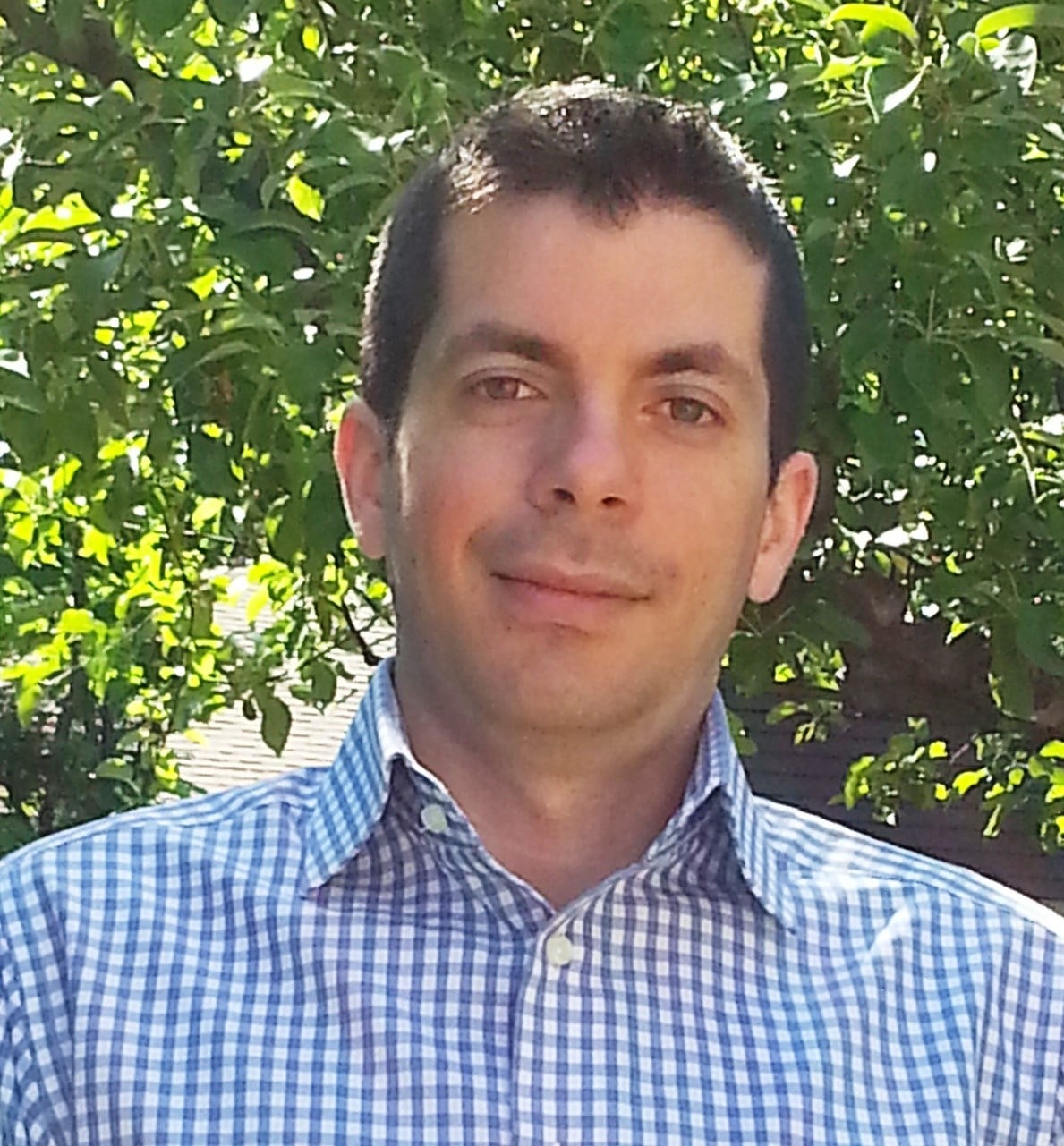Mar 5, 2018 | by The SEEP Network
Around 2006, the term bank linkages was coined to describe an emerging approach to facilitate the delivery of formal financial services to Savings Groups (SGs) and their members. SGs were considered by some practitioners as a platform towards formal financial inclusion, and various NGOs developed program models to broker relationships between SGs and financial service providers (FSPs), including banks, MFIs, cooperatives and mobile network operators (MNOs).
Over the last decade, there has been a proliferation of initiatives to expand access to formal financial services in underserved markets through SGs; multiple pathways to relationships between SGs and financial institutions have emerged; a more diverse product offering, and an emerging prioritization of savings products; and a rapid increase in the number of SGs engaging with formal financial institutions.
And by 2016, the State of Linkage Report – the first global mapping of SG bank linkages – identified 95 FSPs offering financial services to SGs across 27 countries. The increasing interest in SG bank linkages is explained by both demand and supply. Increasingly, groups want a safe place to store long-term savings and excess liquidity, especially when large sums accumulate towards the end of saving cycles; and new business models, partnerships and alternative delivery channels are improving the viability of delivering formal financial services to SGs.
The Outcomes of SG Bank Linkages – Emerging Evidence
The Outcomes of SG Bank Linkages – Emerging Evidence explored the impact of SG Bank Linkages, both at the group level as well as the member level.
Don't forget to check out the publication, Delivering Formal Financial Services to Savings Groups: A Handbook for Financial Service Providers, and register for the Global Savings Groups Conference 2018 at a discounted rate!
This webinar was organized by the SEEP Network, in collaboration with the Mastercard Foundation, Itad, and FSD Africa.
Christian Pennotti, Director, Access Africa/Financial Inclusion, CARE International
 Christian leads CARE’s approach to financial inclusion, focusing on taking proven models like CARE’s Village Savings and Loans Associations to scale while driving new innovations in digital financial services that expand access to formal financial services for underserved communities across sub-Saharan Africa. As a member of CARE’s Senior Leadership Team for Women’s Economic Empowerment, Christian also plays a key role in guiding the organization’s approach to gender transformative economic and financial inclusion. Over the course of his career, Christian has worked with and led teams across Africa, Asia and Latin America to improve economic, empowerment and food security outcomes for rural poor households. In addition to his role at CARE, Christian currently serves on the SEEP Network Board of Directors and is a member of the Partnership for Responsible Financial Inclusion.
Christian leads CARE’s approach to financial inclusion, focusing on taking proven models like CARE’s Village Savings and Loans Associations to scale while driving new innovations in digital financial services that expand access to formal financial services for underserved communities across sub-Saharan Africa. As a member of CARE’s Senior Leadership Team for Women’s Economic Empowerment, Christian also plays a key role in guiding the organization’s approach to gender transformative economic and financial inclusion. Over the course of his career, Christian has worked with and led teams across Africa, Asia and Latin America to improve economic, empowerment and food security outcomes for rural poor households. In addition to his role at CARE, Christian currently serves on the SEEP Network Board of Directors and is a member of the Partnership for Responsible Financial Inclusion.
Ruth Orbach, Senior Monitoring and Evaluation Advisor, CARE Canada
 Ruth Orbach is the Senior Monitoring and Evaluation Advisor at CARE Canada and manages a complex monitoring and evaluation system across a four-country portfolio. Ruth has worked in financial inclusion, youth engagement, education, and community development across southern, eastern, and western Africa.
Ruth Orbach is the Senior Monitoring and Evaluation Advisor at CARE Canada and manages a complex monitoring and evaluation system across a four-country portfolio. Ruth has worked in financial inclusion, youth engagement, education, and community development across southern, eastern, and western Africa.
David Panetta, Program Director, Financial Inclusion through Savings Groups, The SEEP Network
 David Panetta leads the network’s initiatives to improve standards of practice, mobilize knowledge, create opportunities for learning, and strengthen partnerships and alliances among entities that promote or engage with Savings Groups. With 12 years’ experience in international development programming and research, David has worked with numerous donor agencies, consultancies, academic institutions and NGOs in over 25 countries, focused on access to finance, inclusive market systems, and knowledge management. He has led the development of Savings Group initiatives in 19 countries – working with the Aga Khan Foundation, DFID, Plan International, Mercy Corps, VSL Associates, World Vision and over one hundred local NGOs. David has a Master’s in Economics from McGill University and is fluent in English, French and Spanish.
David Panetta leads the network’s initiatives to improve standards of practice, mobilize knowledge, create opportunities for learning, and strengthen partnerships and alliances among entities that promote or engage with Savings Groups. With 12 years’ experience in international development programming and research, David has worked with numerous donor agencies, consultancies, academic institutions and NGOs in over 25 countries, focused on access to finance, inclusive market systems, and knowledge management. He has led the development of Savings Group initiatives in 19 countries – working with the Aga Khan Foundation, DFID, Plan International, Mercy Corps, VSL Associates, World Vision and over one hundred local NGOs. David has a Master’s in Economics from McGill University and is fluent in English, French and Spanish.
Categories: Microfinance Financial Inclusion Financial Security Savings Groups English Webinar Savings Groups Webinar WebinarsBlogs

1621 North Kent Street, Ste 900,
Arlington, VA, 22209
P 202.534.1400
F 703.276.1433
Website Photos: © mari matsuri
